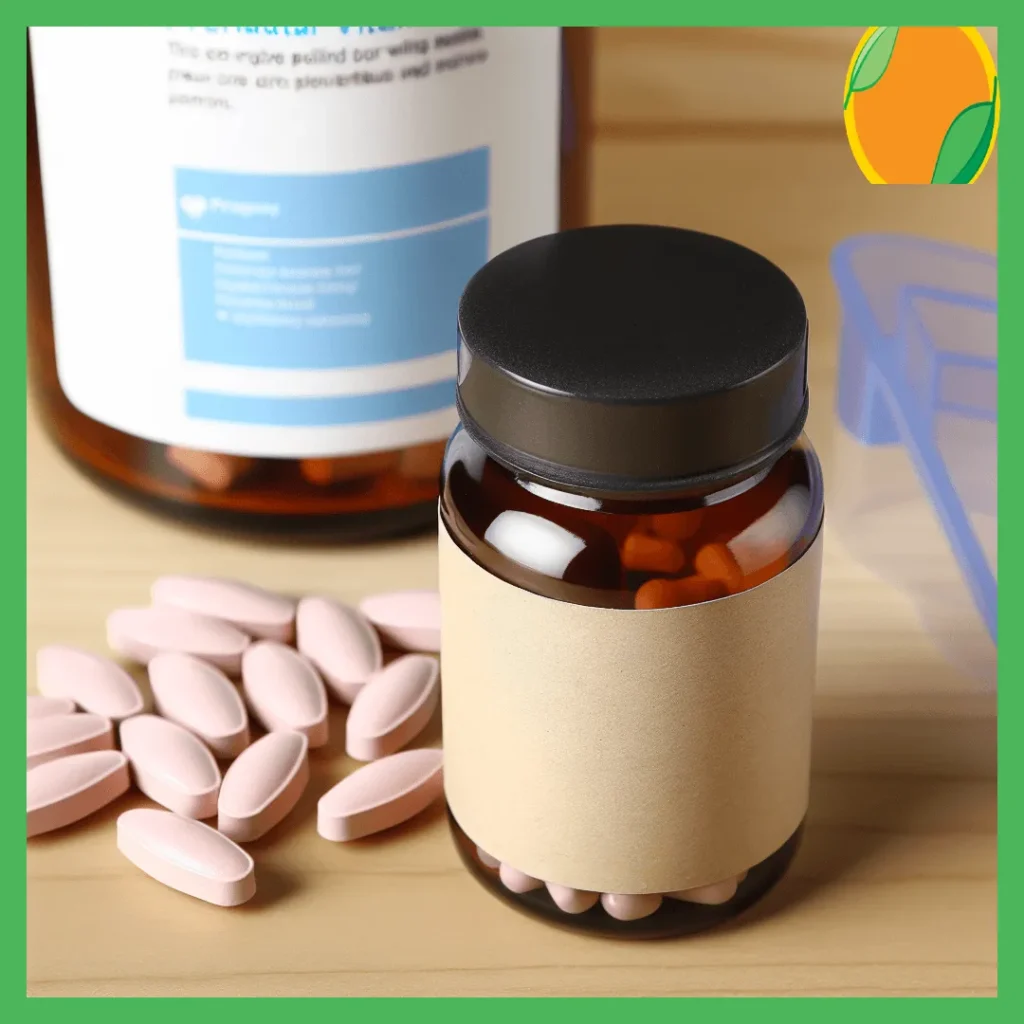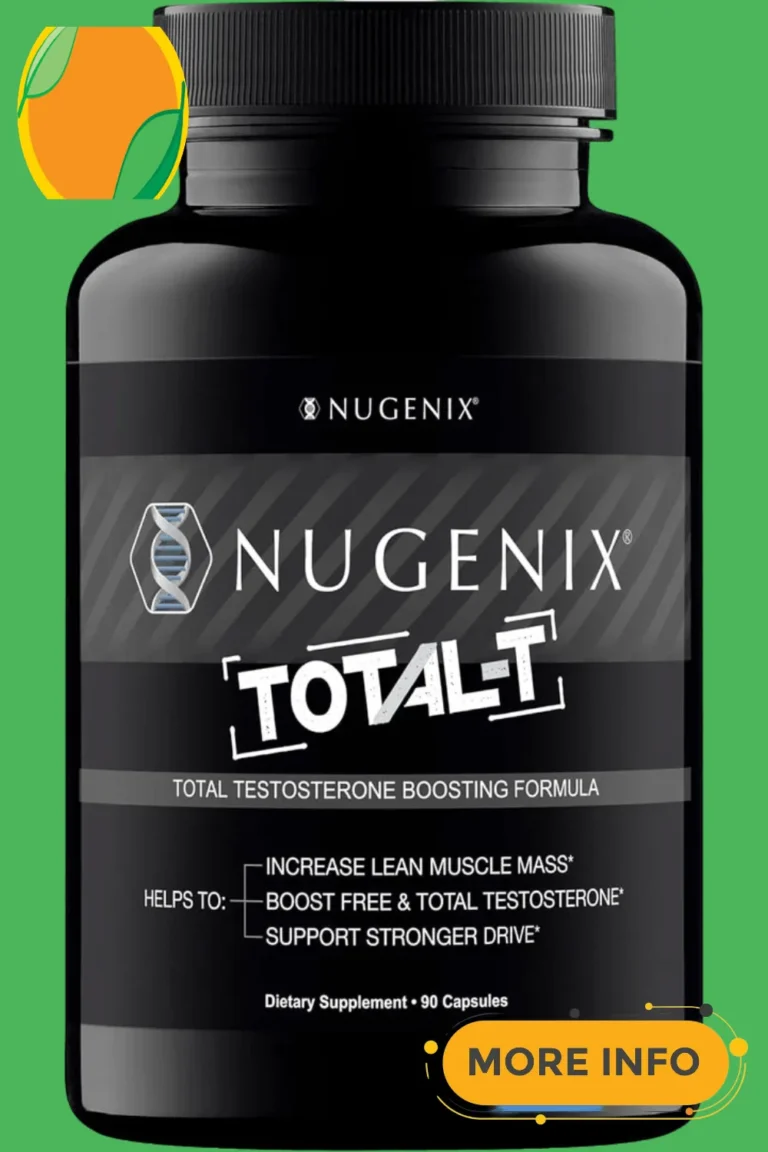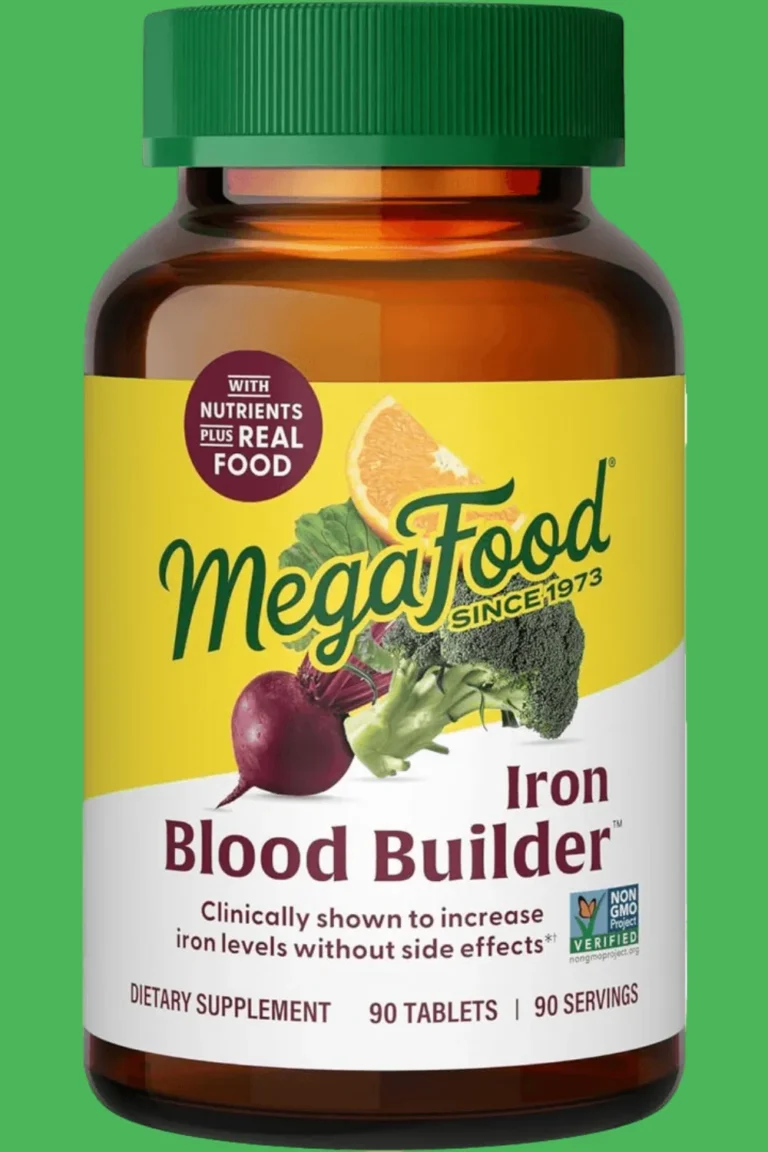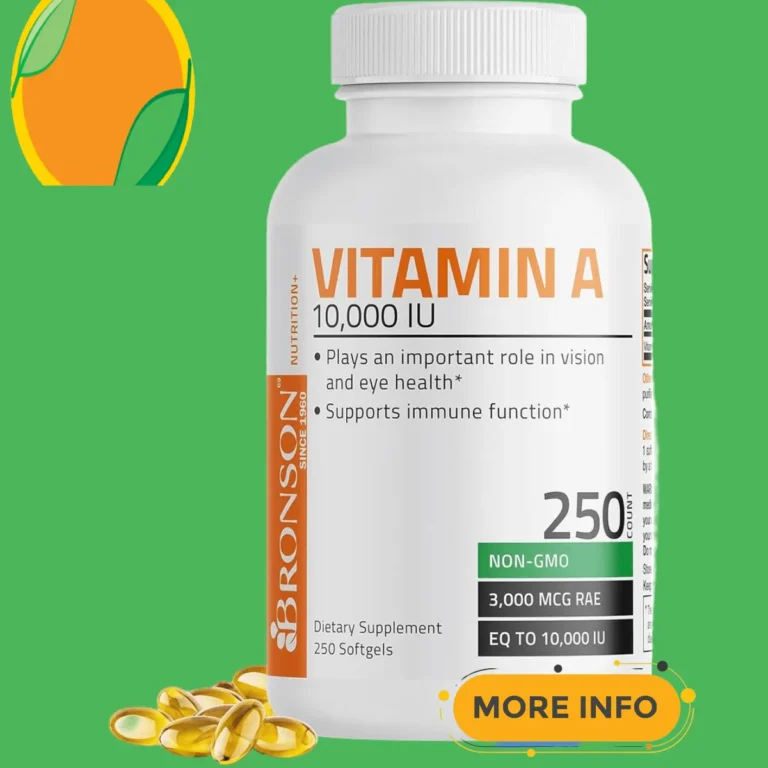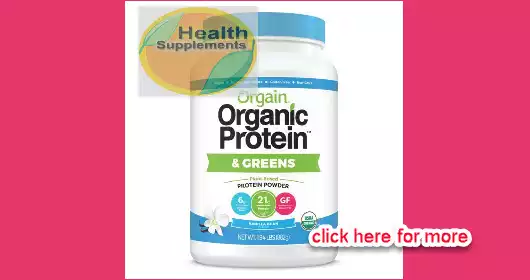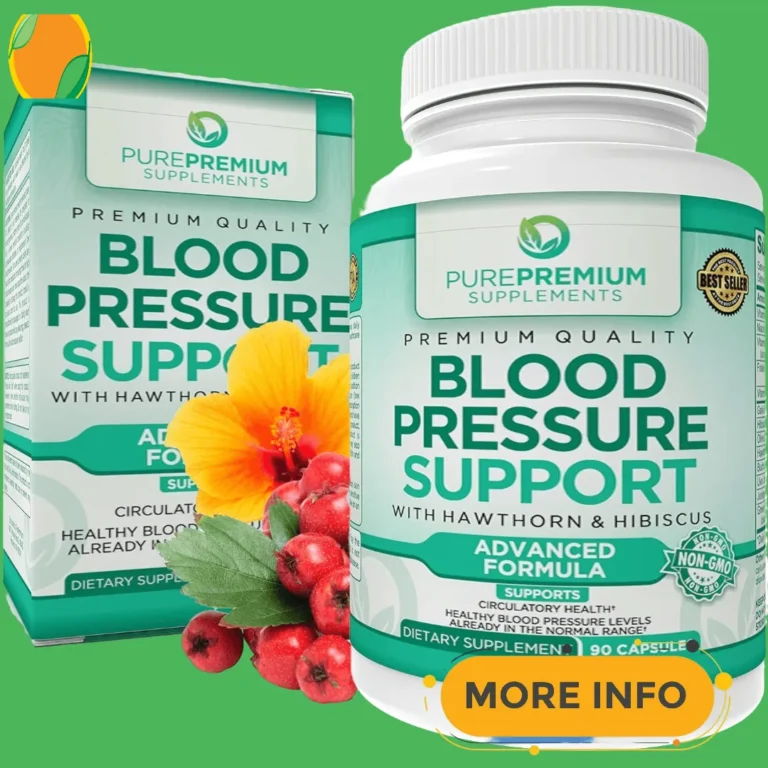Safe Prenatal Vitamins
Imagine embarking on a thrilling journey, one where every step is crucial to the well-being of both you and your burgeoning miracle.
This voyage demands careful planning, particularly when it comes to nutrition.
Enter the world of safe prenatal vitamins, the unsung heroes that champion the cause of a healthy pregnancy.
With myriad options lining pharmacy shelves and countless opinions swirling through online forums, choosing the right prenatal vitamin can be both overwhelming and critical.
In this article, we will navigate through the essential nutrients that comprise these vital supplements and explore why safety should always be at the forefront of your selection process.
From folic acid to iron, each ingredient plays a pivotal role in ensuring not just maternal health but also optimal fetal development.
Together, let’s demystify safe prenatal vitamins and empower expectant mothers with the knowledge needed for making informed choices.
Pregnancy is a special time in a woman’s life, filled with excitement and anticipation.
However, ensuring the health and well-being of both the mother and the developing baby is of utmost importance.
One key aspect of a healthy pregnancy is taking prenatal vitamins to support the increased nutrient needs of the expecting mother and to promote the optimal growth and development of the fetus.
While many over-the-counter prenatal vitamins are available, not all are created equal.
It is crucial for expectant mothers to choose safe and effective prenatal vitamins that are specifically formulated to meet the unique needs of pregnancy.
In this article, we will explore the importance of prenatal vitamins, the key nutrients they should contain, and how to choose a safe and reliable prenatal vitamin supplement.
With the guidance of healthcare professionals and the right prenatal vitamin regimen, expectant mothers can feel confident in providing their baby with the essential nutrients needed for a healthy start in life.
Table of Contents Safe Prenatal Vitamins
Consult healthcare provider before use
It is crucial for individuals to seek advice from a healthcare provider prior to introducing any new supplements or medications into their routine, including prenatal vitamins.
A healthcare provider can offer personalized recommendations based on the individual’s specific health needs, medical history, and any potential risks or interactions with existing medications.
This precautionary measure is essential in ensuring that the prenatal vitamins chosen are safe and suitable for the individual’s unique circumstances, ultimately promoting both maternal and fetal health during the crucial stages of pregnancy.
Consulting a healthcare provider can also help mitigate the risk of any adverse effects or complications that may arise from improper usage or unsuitable formulations of prenatal vitamins.
By seeking professional advice, individuals can make informed decisions regarding their prenatal supplement regimen and work towards a healthier pregnancy journey.
Look for vitamins with folate
When considering prenatal vitamins, it is valuable to prioritize those that contain the essential nutrient folate.
Folate, which is the naturally occurring form of vitamin B9, plays a significant role in prenatal health by supporting the development of the baby’s neural tube, which later becomes the brain and spinal cord.
Adequate folate intake before conception and during early pregnancy is crucial in preventing neural tube defects in newborns.
Therefore, selecting prenatal vitamins with the appropriate amount of folate can contribute significantly to the overall health and well-being of both the mother and the developing fetus.
It is advisable to look for prenatal vitamins that include folate in its bioavailable form, such as folic acid, to ensure optimal absorption and efficacy in supporting a healthy pregnancy.
Avoid high doses of Vitamin A
While certain nutrients are essential for fetal development, caution must be exercised when it comes to the intake of Vitamin A during pregnancy.
High doses of Vitamin A, particularly in the form of retinol, can potentially pose risks to the developing fetus, leading to birth defects and liver toxicity.
Therefore, it is vital for pregnant women to avoid consuming excessive amounts of Vitamin A, as outlined by healthcare professionals.
Instead, focusing on obtaining the necessary nutrients through a balanced diet and appropriate prenatal supplements can help maintain the health and well-being of both the mother and the baby throughout pregnancy.
By being mindful of Vitamin A intake and opting for safe prenatal vitamins with the right nutrients, expecting mothers can support a healthy pregnancy and ensure the optimal development of their child.
Check for third-party testing
When considering prenatal vitamins, it is crucial to ensure their safety and efficacy.
One way to verify the quality of these supplements is by checking for third-party testing.
Third-party testing involves sending the products to independent laboratories for analysis to confirm their contents and purity.
This process provides an additional layer of assurance that the prenatal vitamins meet the required standards and do not contain harmful contaminants.
By prioritizing prenatal supplements that have undergone third-party testing, expecting mothers can make informed choices to support their health and the well-being of their babies during pregnancy.
Choose vitamins with iron
An essential component to consider when selecting prenatal vitamins is the inclusion of iron.
Iron plays a critical role during pregnancy as it is necessary for the production of hemoglobin, the protein in red blood cells that carries oxygen throughout the body.
Pregnant women require more iron to support the increased blood volume and facilitate oxygen transfer to the growing fetus.
Inadequate iron intake can lead to iron-deficiency anemia, causing fatigue, weakness, and potential developmental issues in the baby.
Therefore, opting for prenatal vitamins that contain iron is vital to ensure a sufficient supply of this essential nutrient for both the mother and the baby’s optimal health.
Ensure they are easy-to-swallow
When considering the formulation of prenatal vitamins, it is crucial to ensure they are easy to ingest.
Many expectant mothers may experience difficulty swallowing pills, particularly during pregnancy, due to various physical changes such as nausea or sensitivities to taste and smell.
Therefore, selecting prenatal vitamins that are designed to be smaller in size or have a coating to minimize any potential discomfort during intake can significantly enhance compliance and ensure that pregnant women can easily incorporate these vital nutrients into their daily routine for the optimal health of both mother and baby.
Prioritizing ease of swallowing can promote consistent vitamin intake, supporting the comprehensive nutritional needs essential for a healthy pregnancy.
Opt for whole food sources
Pregnant women are encouraged to opt for whole food sources that offer a rich array of essential nutrients in their natural form.
Whole foods such as fruits, vegetables, whole grains, lean proteins, and healthy fats provide a diverse range of vitamins, minerals, and antioxidants necessary for maternal and fetal health.
Incorporating a variety of colorful fruits and vegetables into daily meals not only ensures a vibrant mix of nutrients but also enhances the diet’s flavor and appeal.
Whole grains like quinoa, brown rice, and oats offer fiber and complex carbohydrates vital for sustained energy levels and digestive health.
By focusing on whole food sources, expectant mothers can optimize their nutrient intake, supporting a well-rounded diet that fosters a healthy pregnancy.
Stay consistent with your regimen
Maintaining consistency in adhering to a regimen is paramount for achieving desired outcomes.
Whether it pertains to dietary choices, exercise routines, or healthcare protocols, a steady and unwavering approach can yield significant benefits in the long run.
Consistency allows for the establishment of positive habits, ensuring that essential tasks are completed regularly and effectively.
By staying dedicated to the recommended prenatal vitamin intake and following a structured regimen, expectant mothers can support optimal health for themselves and their developing babies.
Consistent efforts in prioritizing maternal well-being through proper nutrition and supplementation contribute to a healthier pregnancy journey overall.
In conclusion, prenatal vitamins play a crucial role in supporting the health and development of both the mother and the growing baby during pregnancy.
Ensuring the consumption of safe and high-quality prenatal vitamins is essential in meeting the increased nutritional requirements during this critical period.
It is advisable for expectant mothers to consult with their healthcare providers to determine the most suitable prenatal vitamin regimen tailored to their individual needs.
By making informed choices and prioritizing maternal health, mothers can optimize their well-being and enhance the prospects for a healthy pregnancy and birth.
FAQ
What are the most important ingredients to look for in a safe prenatal vitamin?
When choosing a safe prenatal vitamin, look for key ingredients like folic acid (400-800 mcg), iron, calcium, vitamin D, DHA, and iodine.
These nutrients are crucial for supporting the health of both the mother and developing baby during pregnancy.
Additionally, ensure the supplement does not contain excessive amounts of certain vitamins or minerals that could potentially harm the pregnancy.
Always consult with a healthcare provider before starting any new supplement regimen during pregnancy to ensure it meets your individual needs.
Are there any specific vitamins or minerals that pregnant women should avoid in prenatal vitamins?
Pregnant women should avoid excess vitamin A, vitamin E, and iron in prenatal vitamins, as high levels can be harmful to the baby.
It is important to consult with a healthcare provider before taking any vitamins or minerals during pregnancy to ensure they are safe and appropriate for individual needs.
How can pregnant women ensure they are choosing a reputable and safe prenatal vitamin brand?
Pregnant women can ensure they are choosing a reputable and safe prenatal vitamin brand by consulting with their healthcare provider for recommendations, looking for brands that are third-party tested for quality and safety, checking for key nutrients like folic acid, iron, calcium, and DHA, reading reviews and customer feedback, and selecting brands that are well-known and established in the market.
It’s important to avoid supplements with excessive amounts of certain vitamins or minerals, and to always follow the recommended dosage instructions provided on the product packaging.
Are there any potential side effects or risks associated with taking prenatal vitamins during pregnancy?
While prenatal vitamins are generally safe for most pregnant women, there can be potential side effects such as constipation, nausea, and allergic reactions.
It’s important to consult with a healthcare provider before starting any new supplement to ensure it is appropriate for individual needs and to avoid any potential risks.
Overdosing on certain vitamins or minerals can also have harmful effects on both the mother and baby, so it’s crucial to follow recommended dosages and guidelines.
How important is it for pregnant women to consult with a healthcare provider before starting a prenatal vitamin regimen?
It is very important for pregnant women to consult with a healthcare provider before starting a prenatal vitamin regimen.
A healthcare provider can provide personalized recommendations based on the individual’s specific nutritional needs and health status, ensuring that the vitamins are safe and effective for both the mother and the developing baby.
They can also help monitor for any potential side effects or interactions with other medications, ultimately contributing to a healthier pregnancy and baby.
Consulting with a healthcare provider is crucial for the well-being of both the pregnant woman and her unborn child.

